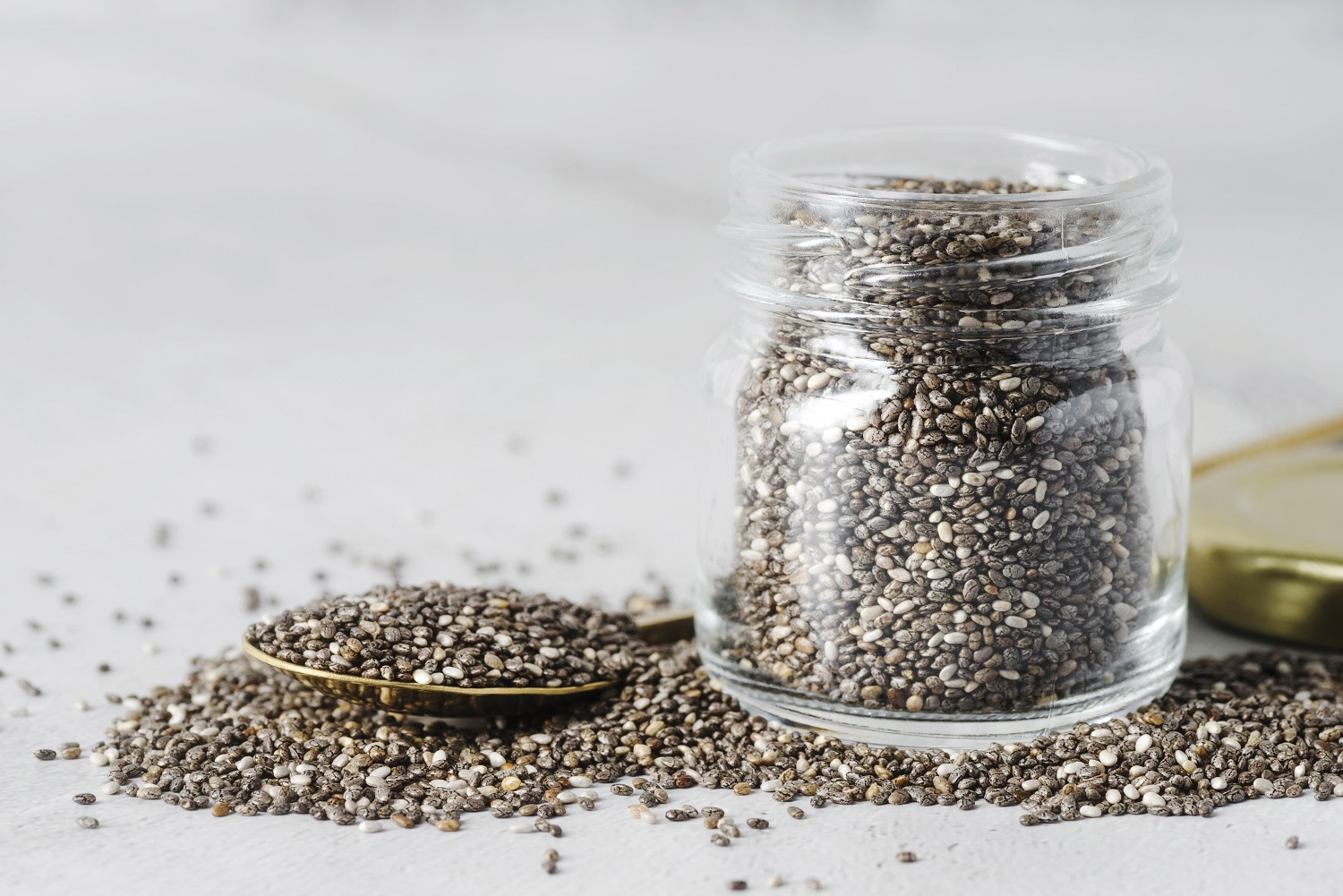How Chia Seeds Became a Household Name in Pakistan
Chia seeds have taken the world by storm as a tiny but powerful superfood, packed with nutrients that promote health and wellness. In Pakistan, these small seeds have moved from being a rare exotic ingredient to a popular staple in many households. But how did chia seeds become so well-known and widely used across the country? In this blog, we’ll explore the fascinating journey of chia seeds in Pakistan, uncovering why they have become a trusted choice for health-conscious people everywhere.
What Are Chia Seeds?
Chia seeds are tiny black or white seeds that come from the plant Salvia hispanica, native to Central America. Known for centuries by the Aztecs and Mayans, chia seeds were a vital source of energy and nutrition.
Nutritional Powerhouse
These small seeds are loaded with nutrients, including:
- Omega-3 fatty acids – good for heart and brain health
- Dietary fiber – aids digestion and helps maintain a healthy weight
- Protein – essential for muscle repair and growth
- Antioxidants – protect the body from harmful free radicals
- Vitamins and minerals like calcium, magnesium, and phosphorus
Because of these benefits, chia seeds are considered a superfood worldwide. They support everything from heart health to improved digestion and sustained energy levels.
Early Awareness of Chia Seeds in Pakistan
Chia seeds first entered the Pakistani market about a decade ago, initially available only in specialty health stores or imported online. At that time, most people were unfamiliar with them and hesitant to try what seemed like an unfamiliar “foreign” seed.
Traditional seeds like flax seeds, black seeds (kalonji), and fenugreek have long been popular in Pakistan due to their medicinal properties. Chia seeds had to compete with these well-established health foods.
However, slowly but surely, chia seeds started to attract attention. Health enthusiasts and fitness communities began to talk about their benefits, and chia seeds were introduced as a natural alternative to support a healthy lifestyle.
Factors Driving the Popularity of Chia Seeds in Pakistan
1. Growing Health Awareness
Pakistan has seen a rise in lifestyle diseases such as diabetes, obesity, and heart conditions. This has led many to seek natural, preventive solutions. Chia seeds, with their impressive nutrition profile, fit perfectly into this new health-conscious mindset.
2. Influence of Social Media and Nutrition Experts
Health bloggers, dietitians, and fitness influencers in Pakistan have played a huge role in popularizing chia seeds. Through Instagram, YouTube, and other platforms, they share easy recipes, benefits, and personal success stories, encouraging more people to give chia seeds a try.
3. Easy Availability of Pure Chia Seeds
With increasing demand, both local stores and online marketplaces now stock pure chia seeds. Consumers can find high-quality chia seeds sourced from trusted suppliers, making it convenient to buy and include them in their daily diet.
4. Diverse Usage in Daily Life
Pakistani households appreciate the versatility of chia seeds. Whether it’s in breakfast smoothies, traditional drinks, or desserts like chia pudding, these seeds blend well with many recipes, appealing to a wide range of tastes.
How Pakistani Consumers Use Chia Seeds
People in Pakistan have creatively incorporated chia seeds into their diets in many ways:
- Chia Pudding: Soaking chia seeds overnight in milk or almond milk creates a creamy, nutritious pudding often flavored with fruits and nuts.
- Smoothies and Juices: Adding chia seeds to fruit or vegetable smoothies for extra fiber and nutrients.
- Chia Seeds Water: Soaking chia seeds in water and drinking it as a refreshing health drink, especially popular during hot weather.
- Sprinkling on Salads and Yogurt: For a crunchy texture and nutritional boost.
- Baking: Including chia seeds in homemade bread, muffins, and energy bars.
This variety helps chia seeds appeal to all age groups, from children to the elderly, and across different regions of Pakistan.
Challenges and Misconceptions
Despite its benefits, chia seeds faced some hurdles in becoming a household name:
- Cost: Initially, chia seeds were expensive compared to traditional seeds, making them less accessible to many families. However, as imports increased and more suppliers entered the market, prices began to stabilize.
- Misinformation: Some myths claimed chia seeds could cause digestive issues or allergic reactions. These misconceptions discouraged some consumers.
- Unawareness: Many people were simply unaware of how to use chia seeds or their true benefits.
Thanks to education efforts by health professionals, nutritionists, and media, these challenges are gradually being overcome.
The Future of Chia Seeds in Pakistan
The demand for chia seeds continues to grow in Pakistan, with more people embracing a healthy lifestyle. There is also interest in developing local cultivation of chia seeds to reduce reliance on imports.
We are likely to see more packaged health products containing chia seeds, such as energy bars, cereals, and supplements, appearing on Pakistani shelves soon.
With increasing awareness and availability, chia seeds in Pakistan are set to become a permanent part of the health and wellness culture.
Conclusion
From a little-known exotic seed to a staple in health-conscious Pakistani homes, chia seeds have made a remarkable journey. Their rich nutritional benefits, versatile uses, and growing availability have made them popular among people looking to improve their diet naturally.
If you haven’t tried pure chia seeds yet, now is a great time to explore their benefits. Whether in pudding, smoothies, or just soaked in water, chia seeds can be a simple and effective way to boost your health.
Looking for quality chia seeds in Pakistan? Check your local health stores or reliable online sellers to get pure, fresh chia seeds and start your health journey today!

